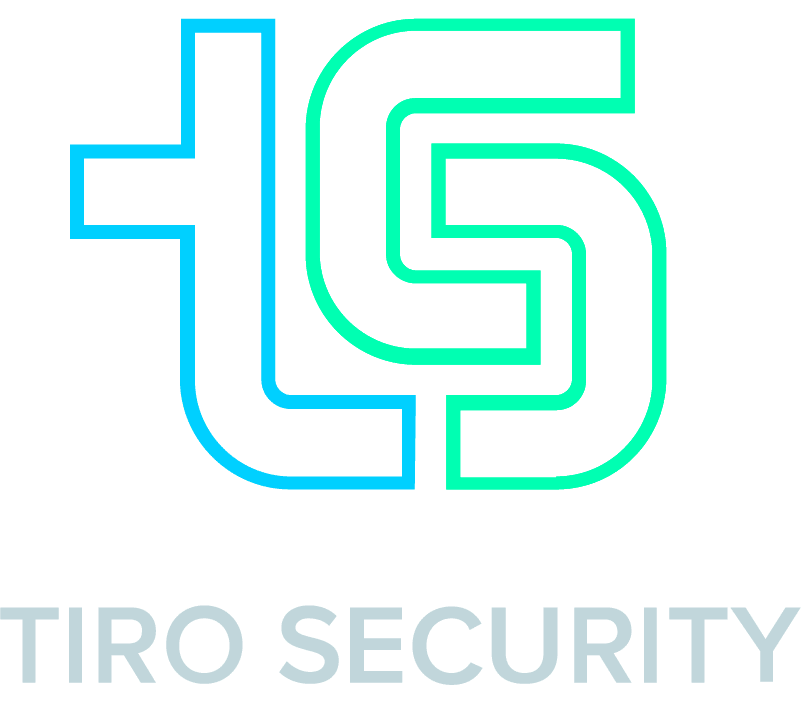Hacker collective Anonymous and other groups commemorated Guy Fawkes Day with alleged international hacks and protests against banks, security firms and governments. Most notably, the group claimed to have published 28,000 Paypal passwords.
Guy Fawkes Day, made famous by the graphic novel and movie of the same name, V for Vendetta, is the British holiday commemorating a failed 17th-century plot to blow up British Parliament. Anonymous have since marked the classic Guy Fawkes mask as its face, and often protesting in such attire since the movie’s release.
Under the Twitter handle AnonymousPress, the hacktivist group linked a message, now deleted, on the site PrivatePaste, stating the PayPal passwords were “hacked by Anonymous as part of our November 5th protest.”
Since the Paypal attacks went viral on twitter and other media sources, they have since been discredited.
Anuj Nayar, head of public relations from Paypal, said that since claims of the attacks were made public on Sunday night, digital forensics teams had concluded that there was no evidence of a breach in data.
“Security of our customers’ data is the top priority at PayPal,” he said.
Instead, victim of the password theft has been named Zpanel, a free open-host sourcing site.
Other than the Paypal / Zpanel debacle, a hacker group under the Twitter handle HTP (Hack the Planet) claimed that they had breached information security experts Symantec as well, and released supposed passwords of Symantec employees on the website Pastebin. Of course, with the related alleged Anonymous hacks, several media outlets drew conclusions to automatically link the cyber attacks.
Mike Bradshaw, a representative from Symantec, said that although the claim was being investigated, there was no immediate evidence of a breach. Later, a group that goes by the handle Doxbin claimed responsibility.
Sunday night rang in other attacks such as the defacement of NBC’s homepage and a Lady Gaga fan site. Pyknic hacker group claimed credit and wrote “Remember, remember, the fifth of November,” implying connections to Anonymous. Again, various media outlets linked the attacks together, but the theory was debunked as Anonymous’ Twitter account did not claim credit.
Along with the numerous hacks and claims of hacks, hundreds of hacktivists and supporters rallied in London and Washington, DC. Demonstrators carried banners reading, “We are Anonymous. We are the legion.”
The hacks reestablish the importance of cyber security. Protect your systems by finding the right infosec professionals with Tiro Security, a leading IT Security staffing and solutions firm in Los Angeles.
